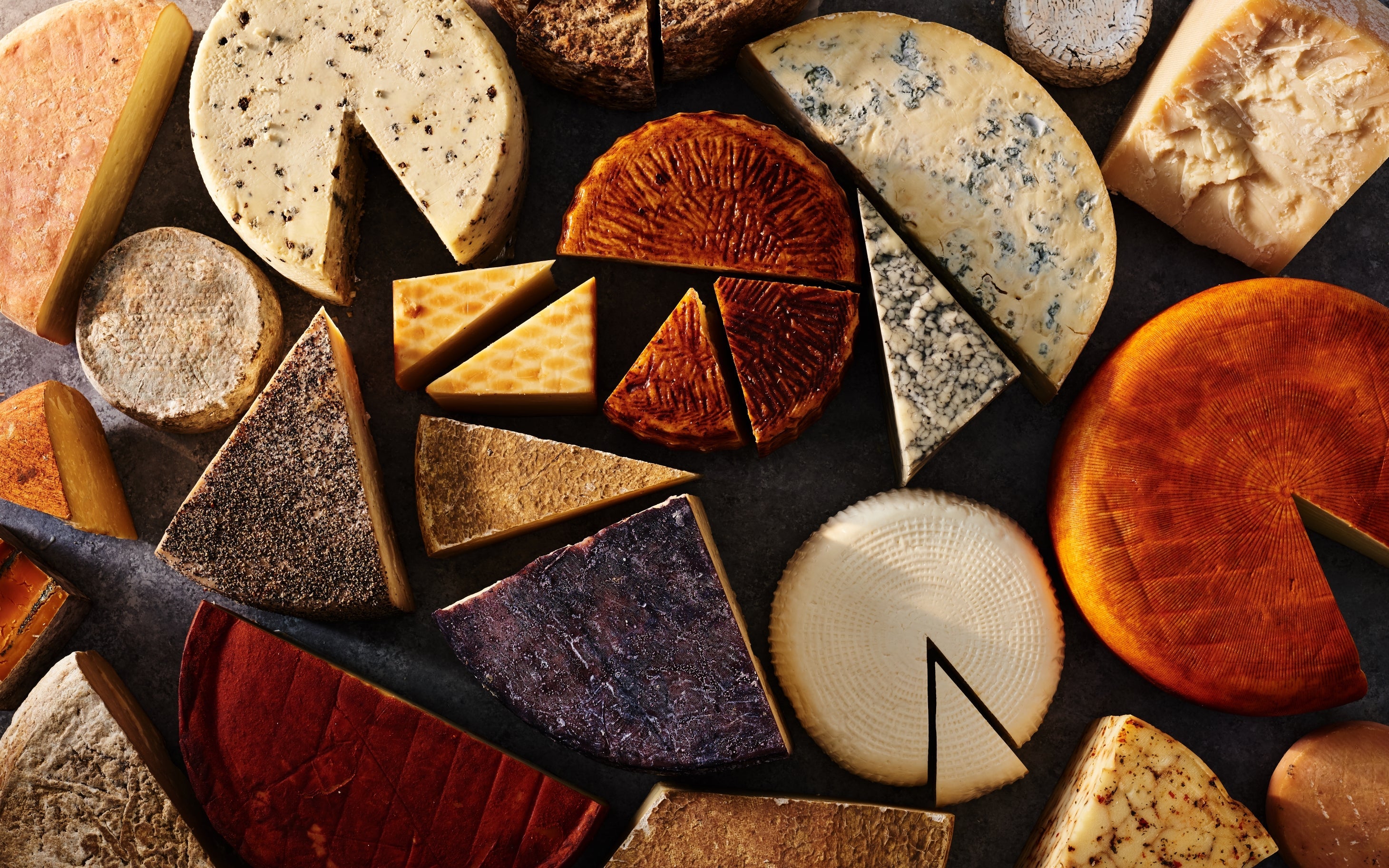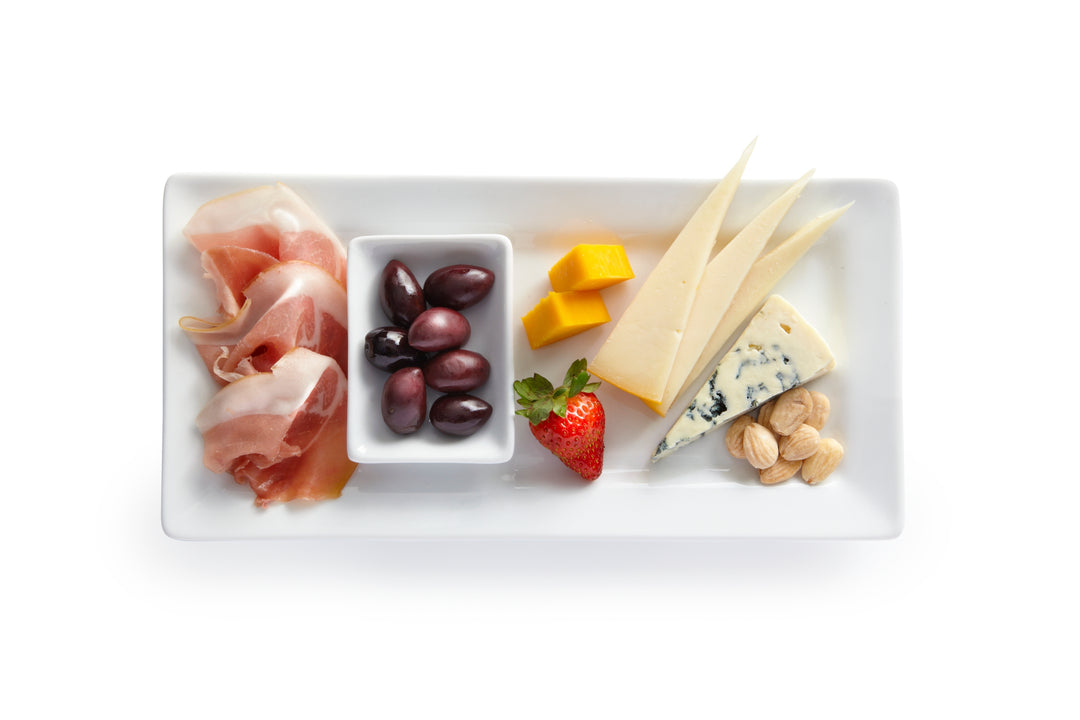Cheese for Skin Health? The Surprising Nutrients That Benefit Your Glow
The search for radiant skin often leads you down various paths, from skincare products to natural remedies. One unexpected source of skin health that you might overlook is cheese. Yes, the delightful dairy product that graces your meals can also be a secret ally for your skin. This article will delve into the fascinating connection between cheese and skin health, exploring how its nutrients can enhance your natural glow.

Cheese is more than just a culinary delight; it's a powerhouse of nutrients that can influence your skin's appearance. With its rich content of essential vitamins, minerals, and proteins, cheese can play a significant role in your skincare routine. Consulting a skin specialist can help you understand how dietary choices like cheese affect your complexion. As you discover these connections, you'll understand why incorporating cheese into your diet might be a beneficial step towards achieving that coveted radiance.
Understanding how cheese affects your skin begins with a closer look at its nutritional profile. By examining the components that make cheese a valuable dietary addition, we can uncover the ways it contributes to skin health. Keep reading to learn about the nutrients in cheese that make it a potential game-changer for your skincare regimen.
Nutritional Profile of Cheese
Cheese is a versatile food that offers a rich array of nutrients essential for overall health and well-being. Its nutritional profile varies depending on the type, but generally, cheese is a good source of protein, calcium, and fats. These macronutrients are complemented by an array of vitamins and minerals that play crucial roles in maintaining healthy skin.
 Protein: Cheese provides a substantial amount of protein, which is vital for skin repair and regeneration. The amino acids in proteins are the building blocks for skin cells, aiding in the repair of damaged tissues and promoting a healthy complexion.
Protein: Cheese provides a substantial amount of protein, which is vital for skin repair and regeneration. The amino acids in proteins are the building blocks for skin cells, aiding in the repair of damaged tissues and promoting a healthy complexion.
Calcium and Phosphorus: These minerals are abundant in cheese and are essential for maintaining the skin's structural integrity. Calcium supports cell renewal and can help combat skin dryness, while phosphorus works alongside calcium to enhance the skin’s resilience. Pairing these nutrients with topical treatments like a vitamin C serum can further boost skin health and radiance.
Vitamins: Cheese is a good source of several vitamins, including Vitamin A, B2 (riboflavin), and B12. These vitamins are known for their roles in promoting skin health by supporting cell turnover and providing antioxidant protection.
With this nutritional foundation, cheese emerges as more than just a delicious addition to your meals. It's a nutrient-rich food that can contribute significantly to your skin's health, setting the stage for a deeper exploration of its specific benefits.
Key Nutrients in Cheese That Benefit Skin
The nutrients found in cheese can provide numerous benefits for your skin, contributing to its health and appearance. Let's explore some of these key nutrients and the roles they play in enhancing your skin's radiance.
-
Calcium: This mineral is crucial for maintaining skin elasticity and preventing dryness. Calcium helps in the production of sebum, which naturally moisturizes the skin, keeping it supple and hydrated.
-
Protein: As mentioned earlier, protein is vital for skin repair and regeneration. The amino acids found in cheese proteins help rebuild skin tissues, making your skin look fresh and rejuvenated.
-
Vitamins: The vitamins present in cheese, such as Vitamin A, are known for their antioxidant properties. They help protect the skin from oxidative stress, which can lead to premature aging and skin damage.
-
Healthy Fats: The fats in cheese are essential for maintaining a healthy skin barrier. These fats lock in moisture and protect the skin from environmental pollutants and toxins.
By incorporating these nutrients into your diet through cheese, you can support your skin's health from the inside out. Each of these components works in harmony to enhance your skin's ability to repair, regenerate, and maintain its natural glow.
How Calcium Contributes to Healthy Skin
Calcium is not just vital for strong bones; it plays a significant role in skin health as well. This mineral contributes to the structural integrity of the skin and is involved in several processes that keep your skin looking its best.
Calcium helps regulate the production of sebum, the skin’s natural oil. Adequate sebum production ensures that your skin remains moisturized, preventing dryness and flakiness. Moreover, calcium aids in lipid barrier function, which is crucial for maintaining skin hydration and protecting against environmental damage.
In addition to its moisturizing properties, calcium promotes skin cell renewal. This process is essential for replacing old and damaged skin cells with new ones, leading to a smoother and more youthful complexion. By consuming calcium-rich foods like cheese, you can support these processes and contribute to healthier, more resilient skin.
If you're looking to enhance your skin's health, consider adding more cheese to your diet. Not only does it provide calcium, but it also offers a delicious way to support your skin's natural defenses and overall appearance.
The Role of Protein in Skin Repair and Regeneration
Protein is a fundamental component of your skin, and its role in repair and regeneration cannot be overstated. As a primary building block, protein supports the structure and function of your skin, aiding in both repair and maintenance.
 When your skin is exposed to environmental stressors like UV rays and pollution, it undergoes damage at a cellular level. Proteins, composed of amino acids, are essential for repairing this damage by rebuilding skin tissues and promoting cell growth. By consuming protein-rich foods like cheese, you provide your skin with the necessary resources to heal and rejuvenate.
When your skin is exposed to environmental stressors like UV rays and pollution, it undergoes damage at a cellular level. Proteins, composed of amino acids, are essential for repairing this damage by rebuilding skin tissues and promoting cell growth. By consuming protein-rich foods like cheese, you provide your skin with the necessary resources to heal and rejuvenate.
Furthermore, protein plays a crucial role in collagen production. Collagen is a protein that maintains skin elasticity and firmness, reducing the appearance of fine lines and wrinkles. By supporting collagen synthesis, protein contributes to a youthful, vibrant complexion.
Integrating protein-rich cheese into your diet can be an effective way to support your skin's repair and regeneration processes. Not only does it help maintain structural integrity, but it also promotes overall skin health and vitality.
Vitamins in Cheese: A Boost for Your Skin
Cheese is an excellent source of several vitamins that are beneficial for your skin. These vitamins offer antioxidant protection, support cell turnover, and contribute to a healthy, radiant complexion.
Key Vitamins in Cheese:
-
Vitamin A: Known for its role in skin cell production, Vitamin A helps maintain a smooth and even skin texture. It also provides antioxidant protection, combating free radicals that can cause premature aging.
-
Vitamin B2 (Riboflavin): This vitamin supports skin health by promoting cell turnover and regeneration. It helps maintain healthy skin by aiding in the repair of damaged tissues and enhancing the skin's natural glow.
-
Vitamin B12: Essential for maintaining skin health, Vitamin B12 aids in the production of new skin cells and helps reduce inflammation. It can also improve skin tone and texture.
By ensuring an adequate intake of these vitamins through cheese, you can boost your skin's natural defenses and promote a healthier, more vibrant appearance. These vitamins work together to enhance your skin's overall health, providing a natural and effective way to achieve radiant skin.
Understanding the Importance of Healthy Fats in Cheese
The fats found in cheese are not only beneficial for your overall health but also play a crucial role in maintaining healthy skin. These healthy fats help reinforce your skin's natural barrier, locking in moisture and protecting against environmental aggressors.
Omega-3 and Omega-6 Fatty Acids: Cheese contains essential fatty acids that support the skin's lipid barrier. These fats are crucial for maintaining skin hydration and preventing moisture loss, which can lead to dryness and irritation.
Protection and Repair: The healthy fats in cheese help protect your skin from oxidative stress and inflammation. They also support the skin's repair process by providing the necessary nutrients for cell regeneration and healing.
Maintaining Elasticity: Fats contribute to maintaining the skin's elasticity and firmness, reducing the appearance of fine lines and wrinkles. By including cheese in your diet, you can support your skin's ability to remain resilient and youthful.
Incorporating healthy fats through cheese not only benefits your skin's appearance but also enhances its ability to function optimally. These fats are essential for maintaining a healthy, glowing complexion.
Different Types of Cheese and Their Unique Benefits for Skin
Cheese comes in various forms, each offering unique benefits for your skin. Understanding the distinct qualities of different cheeses can help you choose the best options for your skincare routine.

Types of Cheese and Their Benefits:
-
Feta Cheese: Rich in B vitamins, feta cheese supports skin health by promoting cell turnover and repair. Its lower fat content makes it a suitable option for those seeking a lighter cheese.
-
Cheddar Cheese: Known for its high calcium content, cheddar cheese helps maintain skin elasticity and hydration. It's also a good source of Vitamin K2, which supports skin cell growth.
-
Goat Cheese: Contains probiotics that enhance gut health, indirectly benefiting the skin. A healthy gut flora can improve skin conditions and promote a clearer complexion.
-
Swiss Cheese: Offers a good balance of nutrients, including protein and essential vitamins, supporting overall skin health and vitality.
By exploring different types of cheese, you can tailor your diet to include those that offer the most benefits for your skin. Each variety contributes uniquely, allowing you to enjoy diverse flavors while enhancing your skin's natural radiance.
Incorporating Cheese into Your Diet for Glowing Skin
Incorporating cheese into your diet is a delicious and effective way to support your skin health. By making thoughtful choices, you can enjoy the benefits of cheese while promoting a radiant complexion.
Tips for Adding Cheese to Your Diet:
-
Balanced Meals: Include cheese in balanced meals with fruits, vegetables, and whole grains. This combination provides a range of nutrients that support overall health and enhance skin vitality.
-
Portion Control: While cheese is beneficial, it's important to consume it in moderation. Keep an eye on portion sizes to avoid excessive calorie intake while still reaping the skin benefits.
-
Variety: Explore different types of cheese to enjoy a variety of nutrients. Each type offers unique benefits, so incorporating a range of cheeses can help you achieve a well-rounded diet.
By being mindful of how you incorporate cheese into your meals, you can enjoy its flavors and nutritional benefits while enhancing your skin's appearance. A balanced approach will ensure that you maximize the positive impact on your skin health.
Tips for Choosing the Right Cheese for Skin Health
Choosing the right cheese for your skin health involves considering factors like nutrient content, type, and personal dietary preferences. Here are some tips to help you make informed choices:
-
Nutrient-Rich Options: Opt for cheeses that are high in essential nutrients like calcium, protein, and vitamins. Look for options like cheddar, feta, or Swiss cheese to maximize skin benefits.
-
Check for Additives: Some cheeses contain added preservatives or artificial ingredients that may not be beneficial for your skin. Choose natural and minimally processed cheeses whenever possible.
-
Consider Dietary Needs: If you have dietary restrictions, such as lactose intolerance, opt for lactose-free cheeses or those made from goat or sheep milk, which are often easier to digest.
By selecting the right cheese, you can ensure that you're not only enjoying its flavors but also enhancing your skin's health. Making thoughtful choices will help you integrate cheese into your diet in a way that supports your skin goals.
Potential Allergies and Considerations
While cheese offers numerous benefits for skin health, it's important to be aware of potential allergies and considerations. Understanding these factors can help you make informed decisions and enjoy cheese safely.
Common Considerations:
-
Lactose Intolerance: Some individuals may be lactose intolerant, experiencing digestive discomfort after consuming cheese. Opt for lactose-free varieties or cheeses that are naturally lower in lactose, like aged cheddar or Parmesan.
-
Allergies: Milk allergies can cause adverse reactions, making it essential to avoid cheese if you have a known allergy. Look for dairy-free alternatives that offer similar nutrients.
-
Sodium Content: Cheese can be high in sodium, which may not be ideal for those with specific dietary restrictions. Choose lower-sodium options and monitor your overall intake.
By being mindful of potential allergies and dietary considerations, you can enjoy cheese in a way that supports your health and skin goals. Tailoring your choices to your individual needs will ensure you reap the benefits without compromising your well-being.
Conclusion: Embracing Cheese for Radiant Skin
Cheese is more than just a tasty addition to your meals; it's a nutrient-rich food that can significantly enhance your skin health. From its calcium content to its protein and vitamins, cheese offers a range of benefits that contribute to a radiant complexion. By understanding the unique qualities of different cheeses and incorporating them into a balanced diet, you can support your skin's natural beauty and vitality.
Embracing cheese as part of your skincare regimen is a delicious and effective way to achieve glowing skin. Whether you prefer cheddar, feta, or goat cheese, each variety provides unique benefits that can enhance your skin's appearance. With mindful choices and a balanced approach, you can enjoy the flavors of cheese while unlocking its potential for radiant skin











Leave a comment